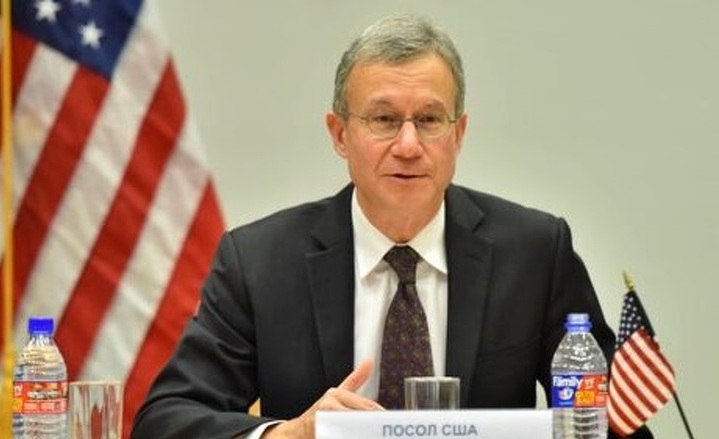U.S. Ambassador to Kazakhstan: We Never Make Kazakhstan Choose Between “Us Or Them”
In an interview with the KazTAG agency, U.S. Ambassador to Kazakhstan Daniel Rosenblum discussed relations between the U.S. and Kazakhstan. In the two years since his appointment, Rosenblum noted significant progress in developing diplomatic and economic ties between the countries. In particular, he emphasized the importance of Kazakhstani President Kassym-Jomart Tokayev's visit to New York for the C5+1 platform summit, as well as the visits of the U.S. Secretary of State to Kazakhstan and the Kazakhstani Foreign Minister to the United States. Rosenblum also highlighted key support programs initiated by the U.S. in Kazakhstan, including USAID projects to resolve commercial disputes and decentralize public administration. These initiatives help strengthen the business environment and increase foreign investors' confidence in Kazakhstan, which, he said, helps attract more investment. Economic relations between the U.S. and Kazakhstan have shown steady growth, with trade exceeding $4 billion in 2023, a 30% increase over the previous year. The U.S. remains one of the largest investors in Kazakhstan, second only to the Netherlands. In recent years, U.S. companies have shown interest in new sectors, including transportation and critical minerals. For example, Wabtec has invested in locomotive production in Kazakhstan, and Pepsi Co. has invested $160 million to build a plant to produce potato chips and other snacks in Almaty region. The ambassador also discussed democratization and human rights, noting positive developments in Kazakhstan, such as the establishment of the Constitutional Court, and the expanded role of the ombudsman institution. He emphasized that Kazakhstan has worked to improve freedom of speech, assembly, and fair elections. On security issues, the ambassador reiterated the U.S.' commitment to protecting Kazakhstan's independence and sovereignty. He emphasized the importance of joint exercises and programs to strengthen defense and law and order in Kazakhstan. Regarding sanctions against Russia, Rosenblum said that the U.S. respects President Tokayev's position of adhering to international sanctions but does not apply its sanctions against Russia. The U.S. is engaging with the Kazakh government to minimize the impact of these sanctions on the country's economy and to find alternative markets for Kazakh goods. "We know that Kazakhstan needs to maintain good relations with its neighbors. It is natural to have positive trade relations and other types of relations to ensure peace and stability. We recognize and respect that it is not only the right but probably the duty of Kazakhstan to maintain such relations. We never put Kazakhstan before "either us or them" situations; we do not have such an approach to relations. Kazakhstan pursues a multi-vector policy, and we count on being one of the right vectors," the ambassador said. U.S. policy toward Kazakhstan is unlikely to change significantly, even if a Republican president wins the next U.S. election, Rosenblum said. The basic principles of supporting sovereignty and stability in Central Asia will remain unchanged, regardless of the political administration in Washington.






